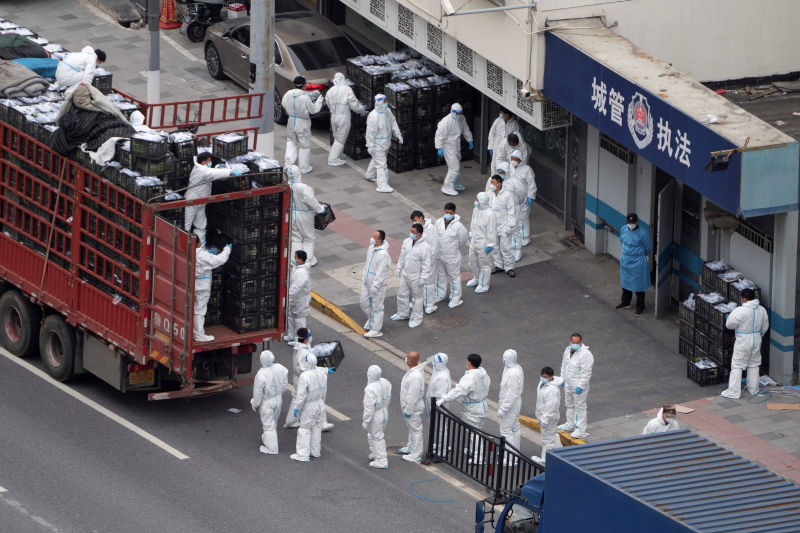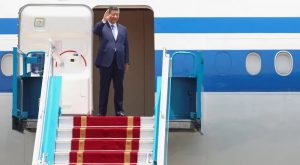Analysts at Goldman Sachs have cut their forecast of China’s 2022 GDP growth to 4%, down from 4.5%, prompted by what it calls Covid-related damage to the economy in the second quarter.
“Even this lower growth projection embeds the assumption that Covid is mostly under control going forward, the property market improves from here, and the government provides substantial policy offset through infrastructure spending in coming months,” said Hui Shan and other Goldman economists, in a note released on Wednesday.
They said policy easing so far will not be enough to drive growth, pointing to mortgage rate cuts as an example which they argue have been too small given China’s record-high unemployment rate.
Also on AF: Cryptocurrency More Like Kryptonite, Says Top Fund Manager
It is also uncertain whether China’s plan to carry out frequent nucleic acid testing of its citizens will be cost-effective to keep the economy undisrupted from the highly transmissible Omicron variant, the analysts say.
Covid lockdowns in Jilin province have resulted in a 7.9% decline in the first quarter, compared with a 6% growth target, and other Covid-impacted areas including Shanghai and Guangdong also underperformed.
The investment bank also lowered its second-quarter growth estimate to 1.5% year-on-year from an earlier prediction of 4%. For the third quarter, they have maintained a 5.0% growth forecast.
Because of a lower base in 2022, the analysts have increased their 2023 GDP growth forecast to 5.3% from 5.0%, but with a smaller change compared to the 2022 forecast to reflect China’s slower-than-expected reopening.
2023 Asia Cup Decision
In light of China’s decision to not host football’s Asian Cup next June-July, Goldman Sachs analysts expect that a full reopening will not happen before the second quarter of 2023.
China’s economic activity fell sharply in April as Covid curbs severely disrupted supply chains and impacted consumption. Official data showed auto production dropped 44% YoY, property transactions fell 39%, and retail sales were down 11%.
But latest government communications suggest that Beijing is unwilling to give up either a 5.5% growth target nor the ‘zero-Covid’ policy. Rather, the Politburo Standing Committee meeting on May 5 doubled down on ‘zero-Covid’ and called for local officials to adhere to the policy without hesitation.
- By Iris Hong
Read more:
Shanghai To Let More Businesses Restart Normal Operations
China Car Sales Bounce Back in May as Covid Curbs Ease
























